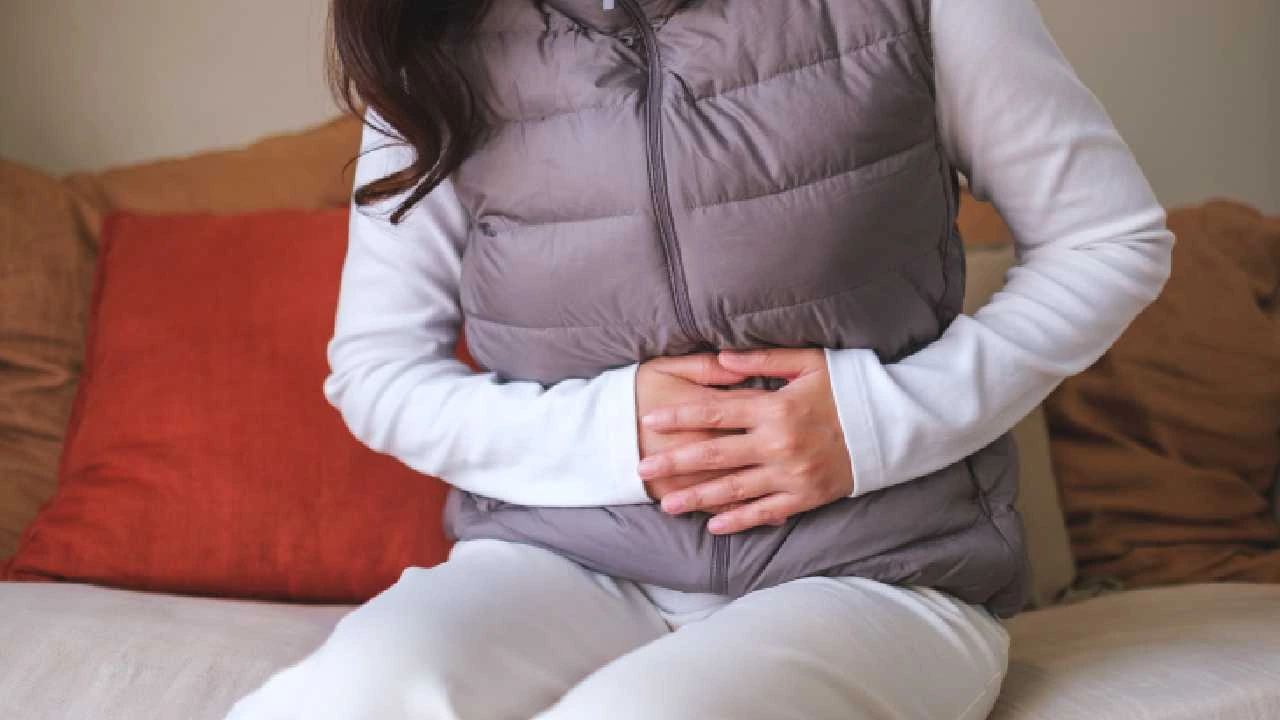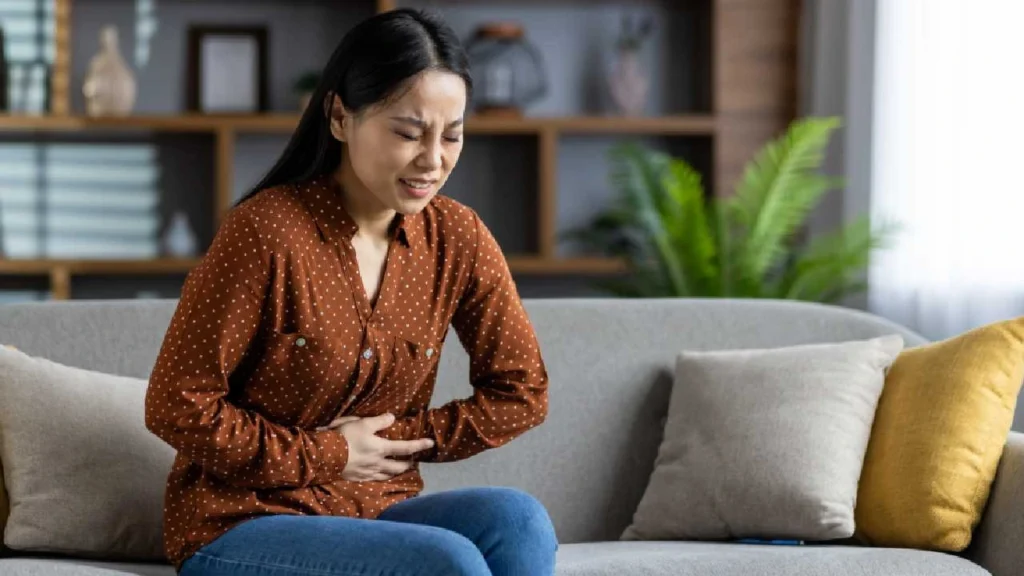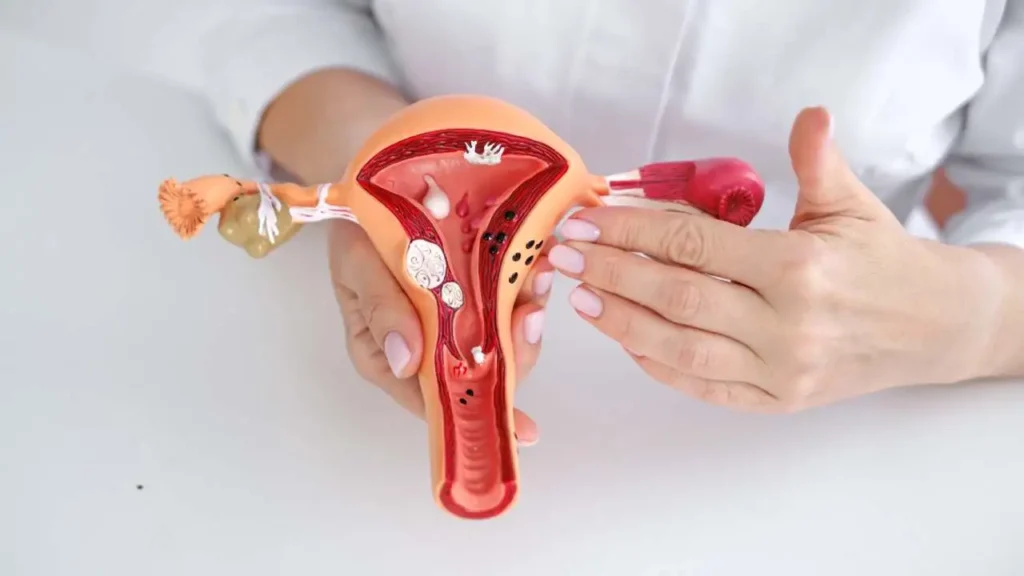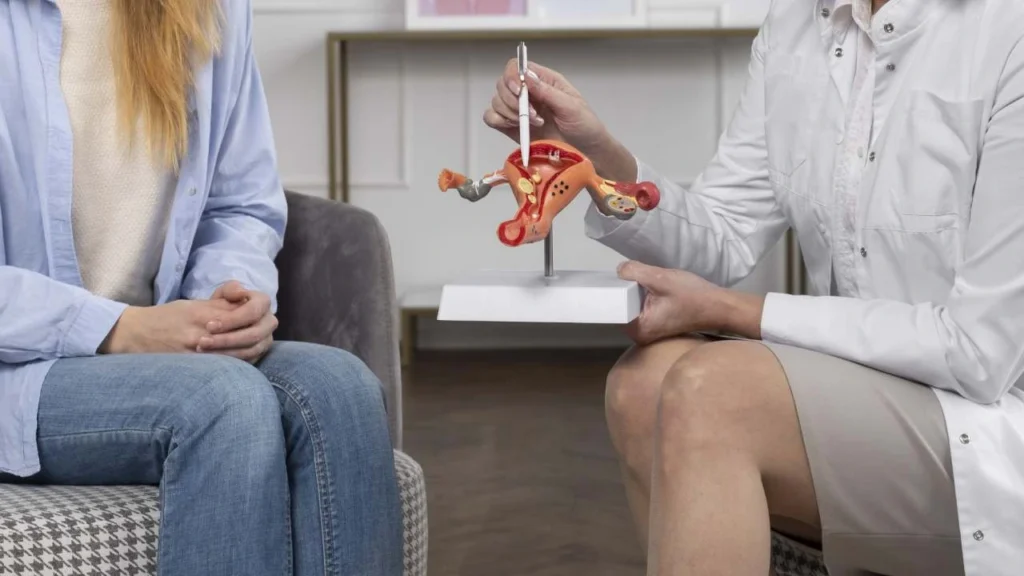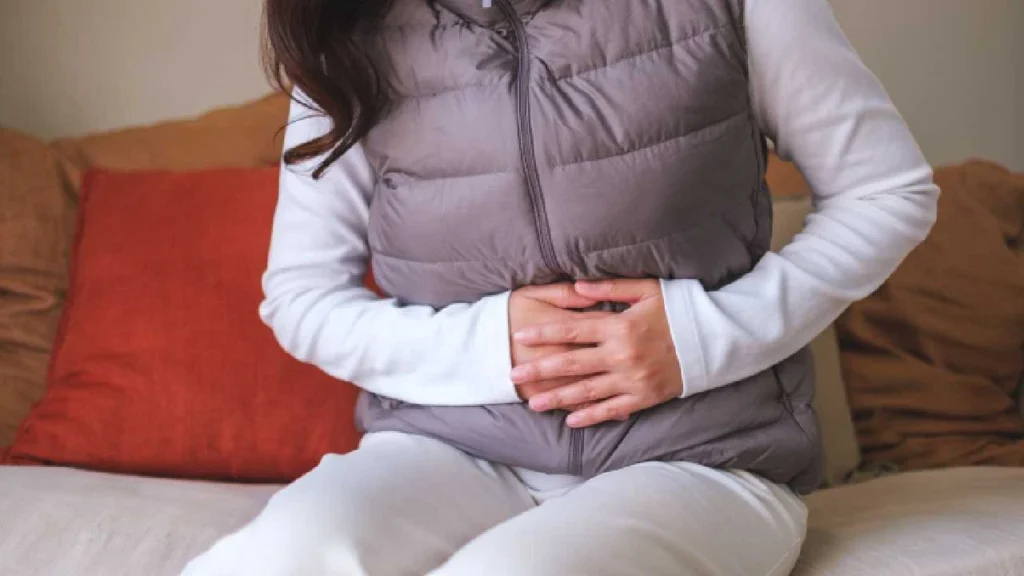What Are The Symptoms Of Uterine Fibroids?
You’ve probably chalked up your heavy periods, bloating, or constant urge to pee to just being part of your cycle or lifestyle. But when these symptoms persist month after month and start interfering with your daily comfort, it may be time to dig deeper. Many women live with uterine fibroids without realizing they’re the cause of their discomfort.
Uterine fibroids are noncancerous growths that form in or around the uterus. Some women may not notice them at all, while others experience painful symptoms. Here are some of the most common symptoms of uterine fibroid conditions:
Heavy or Prolonged Menstrual Bleeding
Uterine fibroids can cause heavy menstrual bleeding. You might find yourself changing pads or tampons every hour, or your periods may last longer than a week. This kind of blood loss can lead to iron deficiency anemia, which may cause fatigue, dizziness, or shortness of breath.
Pelvic Pain or Pressure
Fibroids can grow large enough to press against other organs. This often causes a dull ache or pressure in the lower abdomen or pelvis. Some women describe it as feeling “full” or bloated all the time. The pain may worsen during menstruation or intercourse.
Frequent Urination or Difficulty Emptying the Bladder
If fibroids press against the bladder, they can reduce its capacity, leading to frequent urination or the feeling of never fully emptying your bladder. This symptom is often mistaken for a urinary tract issue, but if it’s persistent, fibroids could be the underlying cause.
Constipation or Bowel Discomfort
Large fibroids pressing against the rectum can cause constipation, pain during bowel movements, or a general feeling of rectal pressure. If you’re experiencing ongoing digestive discomfort with no clear explanation, it could be related to fibroid growth.
Lower Back Pain
Though less common, lower back pain can occur if fibroids grow toward the back of the uterus and compress nearby structures. This pain is often steady and does not resolve with rest.
Pain During Intercourse
If uterine fibroids are located near the cervix or in the lower part of the uterus, they may cause pain during sexual activity. This can affect not just your physical comfort but your emotional well-being and intimate relationships.
Weight Gain
Some women experience bloating or weight gain in the lower abdomen due to large fibroids. It might not be fat, but the bulk of the fibroid itself is causing your clothes to fit tighter. If you notice your belly growing with no changes in diet or lifestyle, fibroids could be to blame.
Symptoms Indicating You Need Urgent Fibroid Treatment
Most fibroids grow slowly, but in some cases, symptoms can suddenly escalate and require prompt medical attention. If you experience any of the following, don’t delay seeking care.
So, what are the red flags to watch for?
- Bleeding so heavy that you soak through pads hourly
- Severe pelvic or abdominal pain that doesn’t go away
- Signs of anemia, such as extreme fatigue or shortness of breath
- Rapidly expanding abdominal size
- Sudden bladder or bowel dysfunction
- Inability to maintain normal daily activities due to symptoms
How To Treat Fibroids?
Fibroids can be managed with a range of treatment options, many of which don’t require surgery. At Fibroid Pain Center, we focus on minimally invasive treatments that preserve the uterus and minimize downtime. One of the most effective options we offer is uterine fibroid embolization (UFE). This image-guided procedure shrinks fibroids by cutting off their blood supply, reducing symptoms without removing the uterus.
Here’s a breakdown of common treatment paths:
- Watchful waiting if symptoms are mild or fibroids are small.
- Medications to control bleeding or hormone levels (though often temporary).
- Non-surgical procedures like UFE, which is performed on an outpatient basis.
Each woman’s treatment plan should be tailored to her symptoms, age, fertility goals, and overall health. That’s why it’s so important to speak to a fibroid specialist who can help you understand how to treat fibroids effectively and safely. Learn about our minimally invasive fibroid treatments and discover your best options today.
Take Control Of Your Fibroids Today
Fibroids may be common, but that doesn’t mean you have to live with the discomfort. If you’re dealing with heavy bleeding, pelvic pain, or unexplained bloating, those could be uterine fibroid symptoms trying to get your attention.
At Fibroid Pain Center, we’re here to support you with accurate diagnosis and expert care. Dr. Andrew Cortes and our team specialize in non-surgical, personalized fibroid treatments. Contact us to schedule a consultation and explore your fibroid treatment options.
FAQs
Can Uterine Fibroids Go Away On Their Own?
In some cases, especially after menopause, fibroids may shrink due to declining hormone levels. However, most fibroids do not completely disappear without treatment. If you’re experiencing symptoms, it’s best to explore your options with a specialist.
Do Fibroids Always Cause Symptoms?
No, many fibroids are small and don’t cause noticeable symptoms. However, when they grow larger or in certain locations, they can cause heavy bleeding, pain, and other complications. Even if you feel fine, regular checkups can help monitor any fibroid growth.
Are Fibroids Cancerous?
Fibroids are almost always noncancerous (benign). The chance of a fibroid becoming cancerous is extremely rare—less than 1%. Still, any sudden changes in symptoms or rapid growth should be evaluated promptly.
Can Fibroids Affect Fertility?
Yes, depending on their size and location. Fibroids that distort the uterine cavity can interfere with implantation or pregnancy. If you’re planning to conceive, your fibroid doctor can guide you on the safest uterine fibroid treatment.
Is UFE Safe And Effective?
Yes, Uterine Fibroid Embolization (UFE) is a well-established, minimally invasive treatment with high success rates and minimal downtime. It’s a great option if you want to avoid surgery and preserve your uterus.

